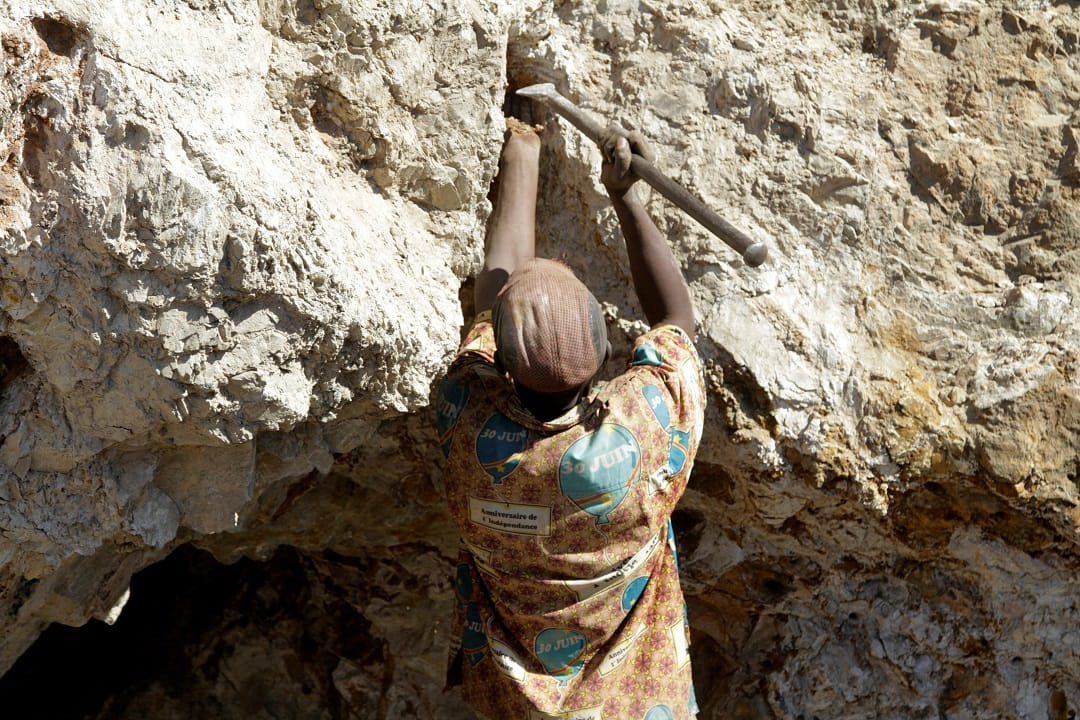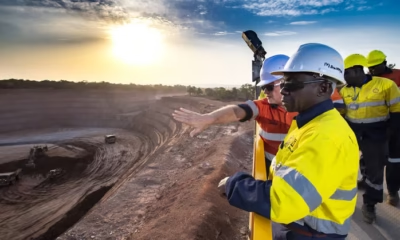The Nigerian government will employ satellite technology to monitor mining sites around the country, according to a statement by Dele Alake, Minister of Solid Minerals Development.
Alake stated that this technology will support the 2,220 members of the Mining Marshal Corps—who are recruited from the Nigeria Security and Civil Defence Corps (NSCDC)—in their efforts to combat illicit mining in an interview with the News Agency of Nigeria (NAN) on Sunday in Abuja.
To safeguard Nigeria’s natural riches, these corps members—who are dispersed throughout the 36 states and the Federal Capital Territory (FCT)—have additionally undergone modern combat training from the military.
He said, We are introducing some technology, we are not just relying on men and materials alone. The satellite surveillance gadgets we are putting in there is to enable us to see in real-time in all mining sites in Nigeria.”
“So that when we notice any infraction, very quickly we can deploy the mining marshals to go there so we don’t even have to wait for any interpersonal communication. That reduces the time of knowledge and action.”
“Right now, we depend on people passing intelligence to us but when the satellite surveillance gadget is working, we will be able to see it ourselves. Which is a step forward on the right direction.
He pointed out that the solid mineral industry is rife with security issues that President Bola Tinubu’s administration inherited, like as banditry, kidnapping, and terrorism. Most mining operations take place in woods, which are hotbeds of these crimes.
The Tinubu administration is dedicated to cleaning up the industry and shifting its role so that it makes a major contribution to the GDP (gross domestic product) of Nigeria.
The minister claims that to quickly address these problems, cooperative efforts are being undertaken with other government agencies, including the Nigerian Army, the Police, and the Economic and Financial Crimes Commission (EFCC).
According to Alake, the ministry is committed to ensuring that the GDP (gross domestic product) of Nigeria is contributed by the solid minerals sector rather than oil. He emphasized that the administration of President Bola Tinubu is putting policies and efforts into place to diversify the economy and soon bring in more money than oil. This change is essential, particularly in light of the worldwide movement toward energy transition, which will lower the oil demand.
To facilitate the energy transition, he said, Nigeria possesses essential minerals in commercial quantities in all of its states. To draw significant investors to the industry, the government is actively marketing these resources.
Mineral production in Nigeria reached 121,204,122,000 metric tons in December 2021. The mining industry has seen a steady decline in share, from 5.6% in 1980 to a little under 1% presently. In Q3 2022, the mining sector in Nigeria contributed 0.3% to the country’s GDP, which was less than the 0.2% it had in the same period the previous year.
The mining sectors of Botswana, Ghana, and South Africa, on the other hand, contribute 16%, 12.6%, and 7.3% of their respective economies, making them far more significant.


 Sports2 days ago
Sports2 days ago
 Metro2 days ago
Metro2 days ago
 Metro1 day ago
Metro1 day ago
 Culture2 days ago
Culture2 days ago































